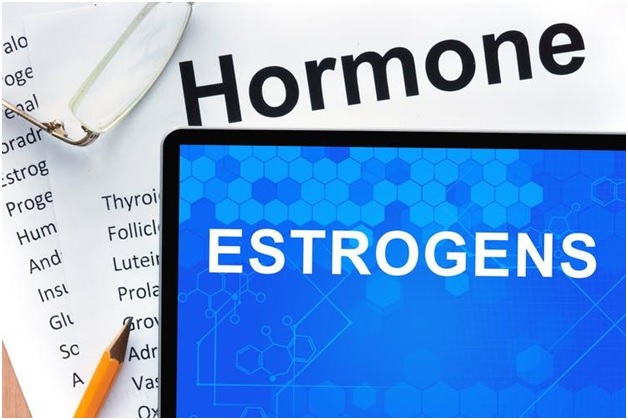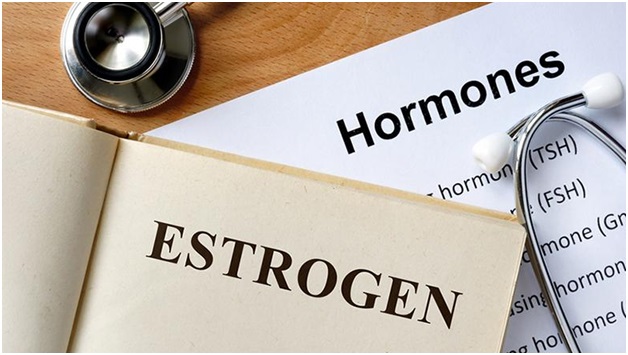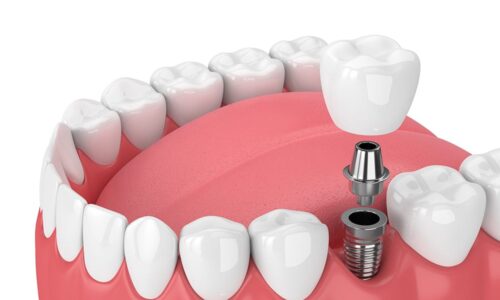We are so busy in our day to day lives that we don’t make the time to thank our bodies. Our bodies often send signals when something is wrong and give us the opportunity to fix the problem. For instance, if you have a pet allergy, you might have red or itchy eyes after cuddling your fur baby. Sometimes, these signals are not easily visible, and you need to have prior information to be sure that you detect the signs and fix the problem.
The same is the case with the problem of low estrogen levels. When people have low estrogen levels, they don’t even realize it for years because the symptoms are quite subtle. If you don’t want to be counted among such people, then you should learn to recognize the top 6 signs of low estrogen levels. Though there are many other signals and you should learn them all, these 6 make it quite clear that you have a hormonal issue that needs immediate attention and you need to seek solutions like a link to the Yes Wellness to fix the situation quickly.

-
Painful Intercourse
Women who have low estrogen levels often find that they don’t enjoy intercourse as they did earlier because it brings more pain than pleasure. The reason for the pain could be excessive dryness in the vaginal area. As estrogen is responsible for vaginal lubrication, low levels of it may mean that your estrogen levels need to be checked as soon as possible.
-
Tender Breasts
Almost every woman who has regular periods knows that sore or tender breasts are quite common before the monthly cycle hits because the progesterone and estrogen levels are quite high at those times. Women should also know that estrogen levels increase and decrease rapidly even when they are entering perimenopause. As a result, women at this stage also feel that their breasts are tender or sore.
-
More UTIs
Women who lack enough vaginal lubrication may also have more urinary tract infections than normal. If that is the case, your vagina might turn into a breeding ground for bacteria, and you might have itching or irritation that gets worse with time. The frequency of UTIs might also increase, and you might be asked to be on UTI medications for several days a month. If that’s the case, you better talk to your gynecologist about hormonal imbalances.

-
Hot Flashes
Women who have low estrogen levels may also have to deal with the problem of hot flashes. The reason for this is quite complicated, but you can know the basics here. Your brain has many different sections, and the sections responsible for body temperature and hormone regulation are situated next to each other. So, when the section responsible for regulating hormonal levels works extra hard to keep up with low estrogen levels, the section beside it, the one responsible for body temperature is also affected. As a result, you might feel hot suddenly on the face, chest, and neck.
-
Emotional Issues
When a woman’s estrogen levels change, she might become moodier and have more mood swings than usual. The woman might also feel emotionally volatile. In many cases, the woman might also feel low for hours at once. This is a serious issue because feeling low for too long can lead you on the path of depression. Low estrogen levels can push you towards depression because estrogen is a hormone that can help you to feel good. Yes, it increases the levels of a neurotransmitter known as serotonin which is a natural chemical that makes you feel good.
-
Headaches
Headaches and hormones are interrelated. Majority of women who had migraines before menopause have admitted that the migraines reduced after the menopause was over. Low estrogen levels often trigger headaches because estrogen has a relationship with those chemicals in your brain that are responsible for affecting the pain levels.
What’s Next?
Now, if you think your body has been showing these signs to you for a while, then your first step should be to contact your doctor. Your doctor will help in testing your estrogen levels and then decide the next steps. In many cases, you will be asked to trust a supplement that can help control your estrogen levels. These supplements usually don’t have any side effects, and they work well for most women.
The doctor would then monitor your hormone levels for a while and may ask you to undergo more tests at regular intervals of time. In a few months, the doctor may ask you to reduce the consumption of supplements if your hormone levels are stable again. In case there is little or no progress, you may be asked to see a hormone specialist, also known as an endocrinologist who will guide you on other treatment options.

